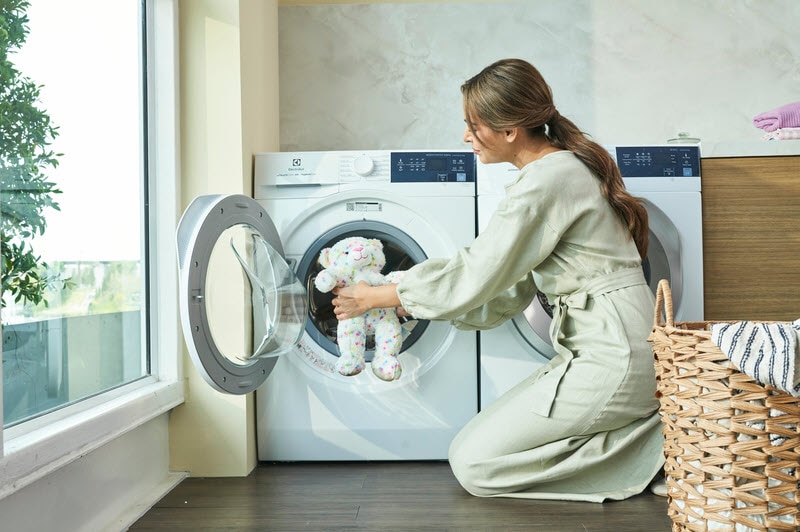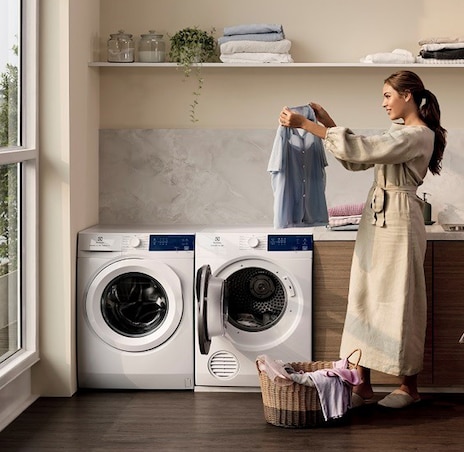American Washing Machines Are the Worst Appliances Ever
One of this blog’s most-read articles discusses washing machines, with over 12,000 readers and numerous comments. Written in 2015, the article has maintained high visibility in search engines, with Google driving over 80% of its traffic.
The article shares insights on the “Nightmare Washing Machine in the US,” a catchy title that has resonated with readers. This post’s success also reflects the increased interest in washing machines, especially after the U.S. government’s announcement in January of a special tax on imported washing machines from Asia. This article was even cited by prominent newspapers like Germany’s Die Zeit.

The question remains: Are American washing machines truly subpar?
In a comment on the article, Rebecca Moon, an American traveler in Europe, shared her perspective: “I am an American who has been traveling in Europe, staying mostly in apartments rented through Airbnb. European washers and dryers are awful. They take forever … and they don’t actually clean or dry anything better than my U.S. appliances.”
Saving time is a top priority for many Americans, though, based on observations, American washing machines often do not clean clothes thoroughly. It seems that achieving good results requires a balanced mix of water temperature, washing time, detergent, and washer movements.
The original post, which first appeared in German, drew a strong response. Christiane Bogdoll commented, “It happened to me when I lived in the US. I was quite young but really concerned that my favorite outfits (even after only a few wash cycles) were destroyed.” This sentiment resonates with others who have experienced similar challenges.
Tasha, another reader, brought up an additional point of cultural contrast: “I’m an American who moved to Germany for grad school, and I’ve gotten quite confused about the laundry system here after I discovered that there is no bleach.” Unlike in the U.S., Germans generally avoid bleach, preferring alternatives like the mild bleach-based stain remover ACE, introduced in the 1990s by Procter & Gamble.

Laundry habits reflect real cultural differences between the U.S. and Germany. The quality of American washing machines has not changed significantly over time. For instance, using various American washers over the years has often resulted in shrinkage, insufficient cleaning, or both. For those who value convenience, quick wash cycles may be useful, but the results often disappoint.
To address these challenges, thorough research led to the purchase of a Whirlpool Duett washing machine, which takes 1 hour and 17 minutes on a normal wash cycle—longer than many American models but yielding improved results. While the Whirlpool offers a quick wash option, most Americans may prefer quicker cycles.
For now, the debate between U.S. and European washing machines continues, with each region prioritizing different laundry preferences.